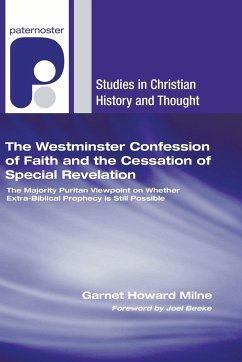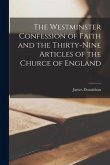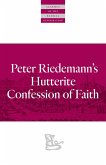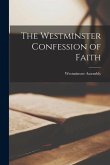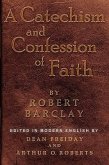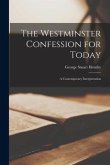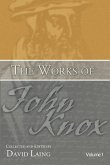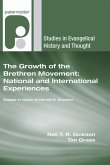In the opening chapter of the Confession, the divines of Westminster included a clause that implied that there would no longer be any special immediate revelation from God. Means by which God had once communicated the divine will, such as dreams, visions, and the miraculous gifts of the Spirit, were said to be no longer available. However, many of the authors of the WCF accepted that ""prophecy"" continued in their time, and a number of them apparently believed that disclosure of God's will through dreams, visions, and angelic communication remained possible. How is the ""cessationist"" clause of WCF 1:1 to be read in the light of these claims? This book reconciles this paradox in a detailed study of the writings of the authors of the Westminster Confession of Faith. ""Garnet Milne presents us with a much-needed study. . . . He builds his case by presenting judicious and thorough evidence from a large number of both primary and secondary sources. It is a fascinating and groundbreaking book . . . and clarifies a remarkable amount of profound, theological detail."" --Joel R. Beeke, from the Foreword ""Connecting the past to the present is always a difficult but necessary task for the responsible Christian theologian. Dr. Milne's work is a good example of how modern questions can be sensitively engaged in a manner which gives due respect to the great formulations of the past without either imposing Procrustean criteria on such historic discussions or simply historicizing such to the point of irrelevance."" --Carl R. Trueman, Professor of Church History and Historical Theology, Westminster Theological Seminary, Philadelphia ""Scholars in puritan studies are increasingly alert to the variety of the movement's theology and spirituality. Garnet Milne's carefully-argued conclusions will provide a major resource for the reassessment of the most critical of puritan doctrines--the sufficiency of Scripture."" --Crawford Gribben, Long Room Hub Senior Lecturer in Early Modern Print Studies, Trinity College, Dublin Garnet Howard Milne has served as pastor of two Reformed churches in Wainuiomata and Wanganui, New Zealand, over the past eleven years. He has contributed to the Westminster Theological Journal and was editor of his denominational magazine Faith in Focus for many years. Dr. Milne's doctorate in historical theology, from Otago University, forms the basis of this book.
Hinweis: Dieser Artikel kann nur an eine deutsche Lieferadresse ausgeliefert werden.
Hinweis: Dieser Artikel kann nur an eine deutsche Lieferadresse ausgeliefert werden.

